Limnocharis Bonpl.
yellow burr headhead:
(n) inflorescence consisting of small closely packed stalkless flowers or florets arising at the same level on a flattened axis; of several types, including: discoid (composed entirely of disk flowers) and radiate (composed of central disk flowers and marginal ray flowers)
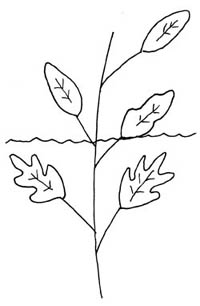 , bur headhead:
, bur headhead:
(n) inflorescence consisting of small closely packed stalkless flowers or florets arising at the same level on a flattened axis; of several types, including: discoid (composed entirely of disk flowers) and radiate (composed of central disk flowers and marginal ray flowers)
 , yellow sawah lettuce, sawah-flowering rush
, yellow sawah lettuce, sawah-flowering rush
Alismataceae
Eichhornia, Hydrocharis, Hydrocleys, Limnobium, Monochoria, Pontederia
tropical America, Caribbean
Limnocharis flava (L.) Buchenau
Limnocharis flava is established in India, Indonesia, Sri Lanka, Thailand, China, Singapore, with periodic outbreaks in Australia.
Limnocharis flava is declared a prohibited weed in several countries.
emergentemergent:
(adj) (syn. emersed) with parts raised out of the water; extending up out of the water
 and rooted or floating in mats, broad-leaved rosetterosette:
and rooted or floating in mats, broad-leaved rosetterosette:
(n) a radiating cluster of leaves, usually close to the ground at the base of a plant
 plant
plant
Perennialperennial:
(adj) (of a plant) having a life cycle of more than two years
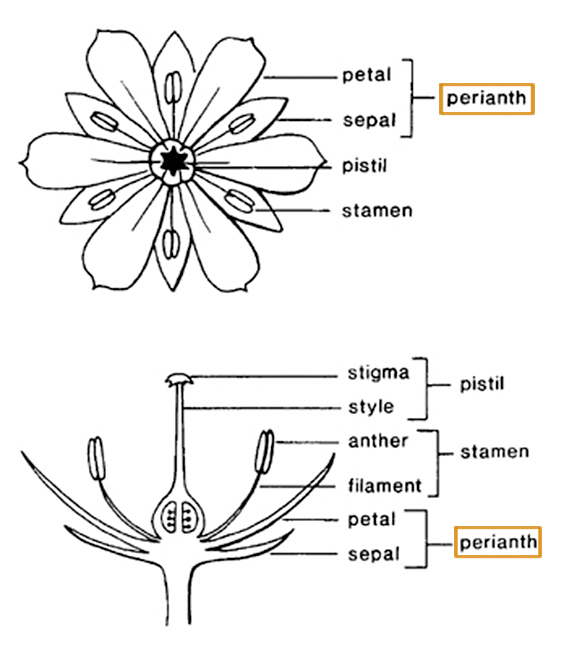 or annual. Plants floating or rooted and emergentemergent:
or annual. Plants floating or rooted and emergentemergent:
(adj) (syn. emersed) with parts raised out of the water; extending up out of the water
 . Leaves in a rosetterosette:
. Leaves in a rosetterosette:
(n) a radiating cluster of leaves, usually close to the ground at the base of a plant
 ; petiolepetiole:
; petiolepetiole:
(n) the stalk of a leaf
 thick, triangular in cross-section; leaf bladeblade:
thick, triangular in cross-section; leaf bladeblade:
(n) (syn. lamina) the flat, expanded part of a leaf, frond, or petal (excluding, e.g., the petiole)
 lanceolatelanceolate:
lanceolatelanceolate:
(adj) lance-shaped; widest point below the middle, tapering to the apex
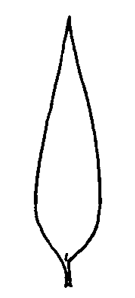 , ovateovate:
, ovateovate:
(adj) egg-shaped in outline; generally with the broad end at or near the base
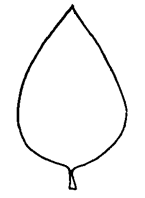 to suborbicular, venationvenation:
to suborbicular, venationvenation:
(n) the arrangement of veins in a leaf
 palmate with prominent mid-vein and numerous cross-veins; base squared, rounded or cordatecordate:
palmate with prominent mid-vein and numerous cross-veins; base squared, rounded or cordatecordate:
(adj) heart-shaped; in the form of two rounded lobes
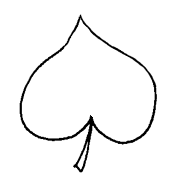 . Inflorescenceinflorescence:
. Inflorescenceinflorescence:
(n) the arrangement of flowers on the floral axis
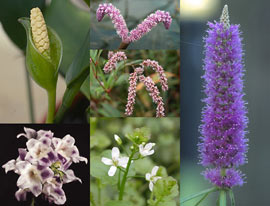 a 2-15 flowered umbelumbel:
a 2-15 flowered umbelumbel:
(n) a flat to convex inflorescence in which the flower pedicels (called rays) all arise from the same point
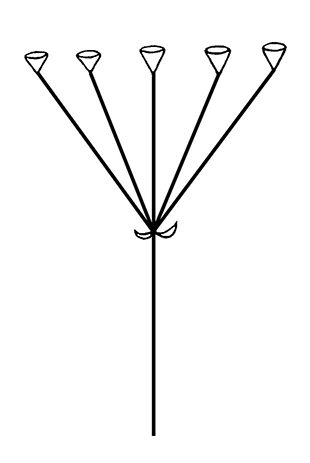 on an elongate pedunclepeduncle:
on an elongate pedunclepeduncle:
(n) the stalk of a flower cluster or inflorescence
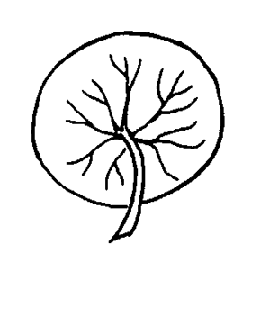 yet shorter than the leaves. Sepals 3, green; petals, 3 yellow; stamens numerous. Dispersal by production of numerous seeds.
yet shorter than the leaves. Sepals 3, green; petals, 3 yellow; stamens numerous. Dispersal by production of numerous seeds.
shallow waters of lakes, ponds, and rivers
Limnocharis flava is the most commonly traded member of the genus. The other species from Central America, Limnocharis laforestii Duchass. ex Griseb., is not presently cultivated for ponds. It is differentiated from L. flava by the smaller flower size and the narrower leaves. Limnocharis flava is also known as puck-pai, an herb used in cooking in Thailand. Limnocharis was formerly placed in the family Limnocharitaceae.